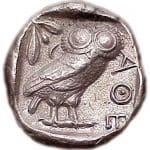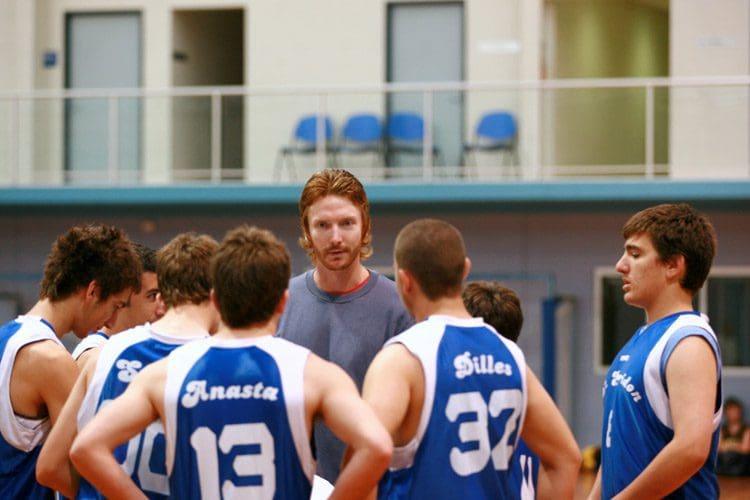Honours Classes
At St Spyridon students are expected and supported to perform to their full potential. They are provided with explicit teaching and differentiated learning experiences to enable them to perform at their best. At the same time every student is expected to apply diligence and sustained effort to their studies, and to do their best to maximise their results.
It is a well established fact that students with high intellectual potential are typically at risk of underperformance if they are not challenged to achieve. In simple terms this means they need a competitive environment in which they are challenged to work at a more complex level; at a faster pace; at a greater intensity; and with potentially greater volume of work than is typically expected of their age-peers.
For this reason, we have introduced a new program of Honours Classes for the Top Achievers in each of the following subjects: English, Mathematics, Modern Greek.
Features of Honours Classes

Students in Honours Classes will follow the same set curriculum for their Year level, and will be expected to produce work of exceptional depth and complexity; on tasks that demand higher order thinking skills, in which they undertake sustained independent research and exercise creativity, and self direction. The pace and intensity of an Honours class, will not necessarily benefit all students.
In seeking greater challenge and complexity, students may be required to access external expertise and stimulus. For example they may attend special University workshops; participate in programs and partnerships with mentors in academia; join scientific and business interest groups. They may work on real products and engage in research on external projects.
It is an expectation of Honours students that they will undertake a course of study in Classical Greek.
Selection
Selection for these Classes is based on subject specific Tests. In addition, the soundness of a student’s track record, including results in external examinations such as the ACER, subject specific competitions and other experiences may be considered.
There will be opportunity for students to move into and out of the Honours Classes at critical junctures-typically, at the end of a semester or a year.
St Spyridon students in Year 6 will sit the Placement Mathematics and English Tests during the school day in Term 2.
New applicants for the Years 7 and 8 will sit these as part of the Entrance Tests in the school holidays in April. Classes will be finalised in January, so that late applicants may be considered as part of the cohort.
Frequently Asked Questions
Yes. High standards will be applied to all classes. Each student is supported to work to their full potential. Importantly each student will be expected to apply diligence and sustained effort to maximising their learning outcomes.
Students will be grouped differently for each subject. For example they may be in the Honours Class for Maths and not for English or Greek.
Yes. There will be opportunity for students to move into and out of the Honours Classes, at critical junctures typically at the end of a semester or a year.
]In Year 7 and beyond, students are grouped according to a number of criteria, including ability and compatibility. Friendship groups may also be considered in some cases, at least for the first Semester of Year 7, where students may need to be assisted in the transition process to Senior Schooling.
Yes, teachers will help students. However, the purpose of an Honours Class is for students to work with more independence, at a faster pace, at greater intensity and at a higher level of complexity than their age peers. This will not necessarily suit or be of benefit to every student.
The St Spyridon Parent Partnerships Agreement published in the Parent Handbook is an excellent guide for supporting all students to maximise their results.
In the case of Honours students, parents will be required to work with teachers to support their child to access learning experiences beyond the classroom.
High standards will be applied to all subjects. Core subjects will be ability-grouped by the end of Year 9.






